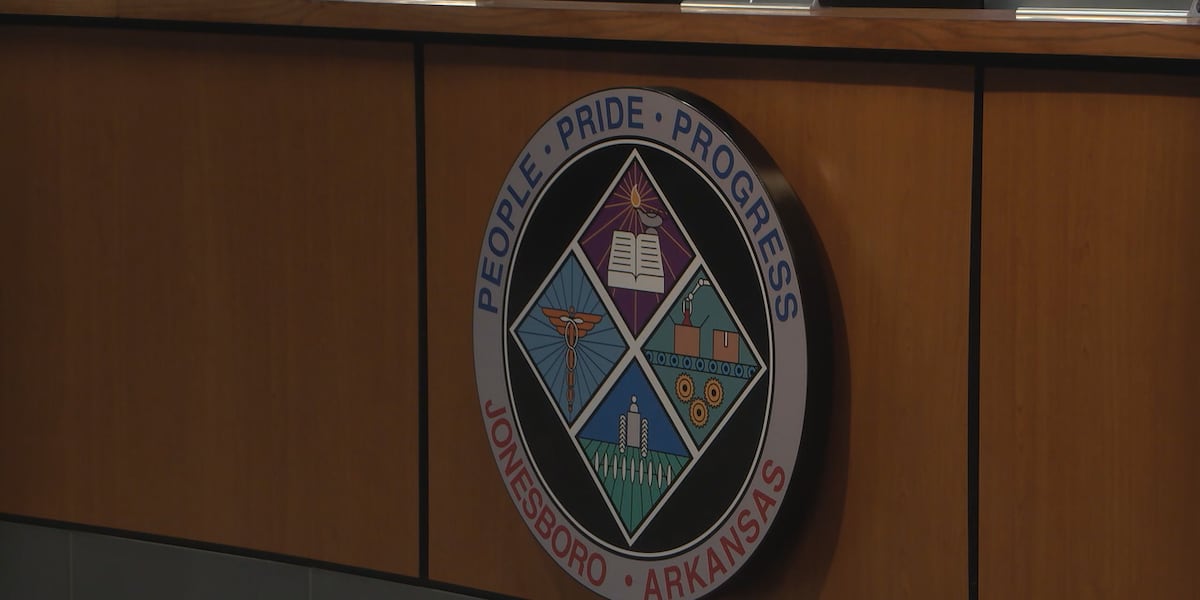Pakistan's Finance Minister Hints at Potential Interest Rate Cuts – What it Means for Borrowers

Pakistan's Finance Minister, Ishaq Dar, has recently indicated that the State Bank of Pakistan (SBP) may have further scope to reduce the key policy rate, currently standing at a hefty 11%. This announcement has sparked considerable discussion and speculation within the Pakistani economy, particularly regarding its potential impact on borrowers, businesses, and inflation.
The Current Economic Landscape
Pakistan's economy has faced significant challenges in recent times, including fluctuating currency values, high inflation, and a persistent balance of payments deficit. The SBP has responded by maintaining a relatively high policy rate to combat inflation and attract foreign investment. However, this has also made borrowing more expensive for businesses and individuals, dampening economic activity.
Dar's Statement and Potential Rationale
Dar's comments suggest a shift in perspective, indicating that the SBP might be considering easing monetary policy. Several factors could be contributing to this potential change. Firstly, inflation has shown signs of moderating in recent months, although it remains a concern. Secondly, the government is keen to stimulate economic growth and encourage investment, which higher interest rates can hinder. Finally, pressure from business groups to lower borrowing costs has been steadily increasing.
What Could a Rate Cut Mean?
A reduction in the policy rate could have several significant consequences:
- Lower Borrowing Costs: Businesses and individuals would benefit from cheaper loans, potentially boosting investment and consumer spending.
- Increased Economic Activity: Lower interest rates can stimulate economic growth by encouraging borrowing and investment.
- Impact on Inflation: While the primary goal of high interest rates is to curb inflation, a rate cut could potentially lead to a slight increase in inflationary pressures, although this is dependent on other economic factors.
- Currency Fluctuations: Rate cuts can sometimes weaken a country's currency, although the extent of this effect is variable.
The SBP's Balancing Act
The SBP faces a delicate balancing act. While there's a desire to support economic growth, it must also remain vigilant about inflation and maintain the country's financial stability. Any decision to cut interest rates will likely be carefully considered, taking into account the latest economic data and global market conditions.
Expert Opinions
Economists are divided on the timing and magnitude of any potential rate cuts. Some believe that the SBP should wait for further evidence of inflation cooling before easing monetary policy. Others argue that the current high rate is unnecessarily stifling economic growth and that a modest cut would be beneficial.
Looking Ahead
The coming months will be crucial in determining the future direction of Pakistan's monetary policy. The SBP's decisions will be closely watched by businesses, investors, and the public alike, as they navigate the challenges and opportunities facing the Pakistani economy. Dar's comments signal a possibility of change, but the ultimate decision rests with the central bank, and will be heavily influenced by evolving economic conditions.






